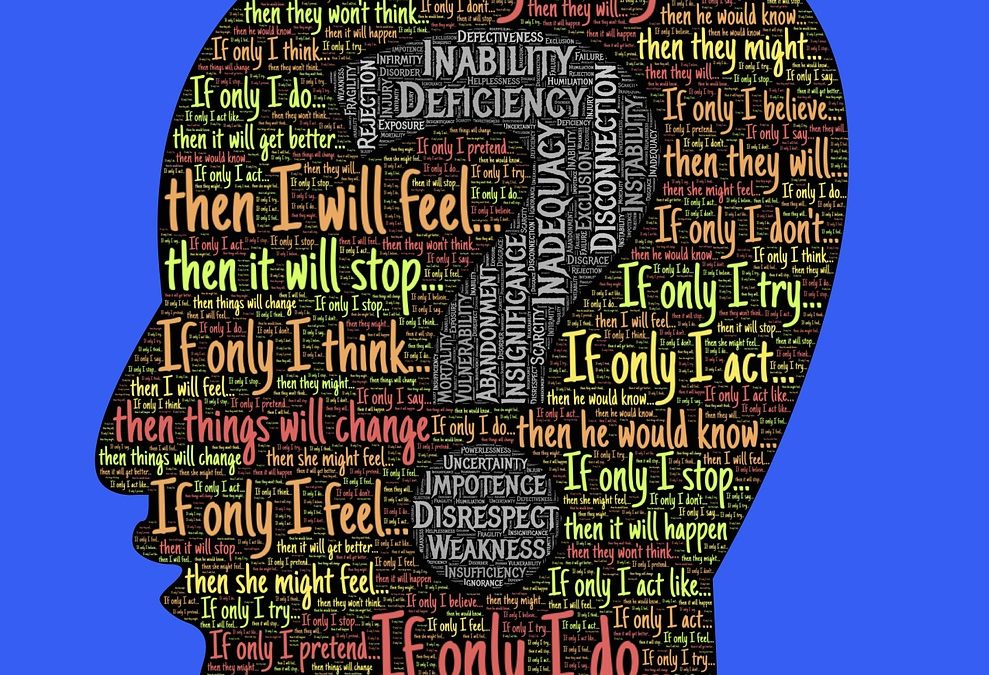We must all suffer one of two things: the pain of discipline or the pain of regret or disappointment. (Jim Rohn)
In 2013, I had four surgeries, none serious, all requiring sedentary recovery time. The results of the subsequent inactivity were weight gain and a loss of conditioning. Once I’d resumed weight training and road cycling, I committed to a ride with three younger men — more than 40 miles and more than 2,200 feet of elevation. It hurt like hell. But it let me ponder pain and its implications.
It’s no wonder we avoid pain. We live in a world of more preclusions than invitations, more warnings than enticements, more encouragement to avoid risk and pain than to chase them: Do this, not that. Conform or else. Join the club. Don’t make waves, rock the boat, or upset the applecart. Nobody does that. It’s too risky. How do you know it will work? What if you fail? That’s never been done. It’s not like everyone else’s. We’ve never done it that way. That won’t make the boss happy. You’re not supposed to do that. Can you guarantee success? Aren’t you afraid? That’s really scary!
In any of those expressions, is fear different from pain? Both of them cause avoidance: We’re not likely to do things of which we’re afraid or that hurt. Yet we believe we’re capable of great achivements. Why? How?
Without facing fear or enduring pain, what do we expect to achieve? If we’re fear- and pain-averse, if we won’t challenge or discomfort ourselves, what do we expect to gain? By what right do we expect that gain?
I’m scared every time I go into the ring, but it’s how you handle it. What you have to do is plant your feet, bite down on your mouthpiece and say, “Let’s go.” (Mike Tyson)
“There’s no free lunch” parallels another truism: “You get what you pay for.” There’s no currency mentioned in the latter because prices are paid in many ways, the least of which is money.
Why least? It takes less courage to spend someone else’s buck than it does to earn a buck by one’s wits. It takes more fortitude to create something new than it does to follow something old. It takes more self-faith to take a deliberate step out of line than it does to toe the common line out of habit or fear.
There are just two important questions: What do you want? And what are you willing to pay for it?
The little that I have learned about the world, and, more important, that I have learned about myself, has been absurdly expensive, but I have always thought it more than worth the price. There is no other way. The miracle of the world, the miracle of a rebirth of the senses, the miracle of an accepting heart can only be paid for with blood and bone. No other currency is acceptable. (Harry Crews)
—
Image by johnhain, courtesy of pixabay.com

